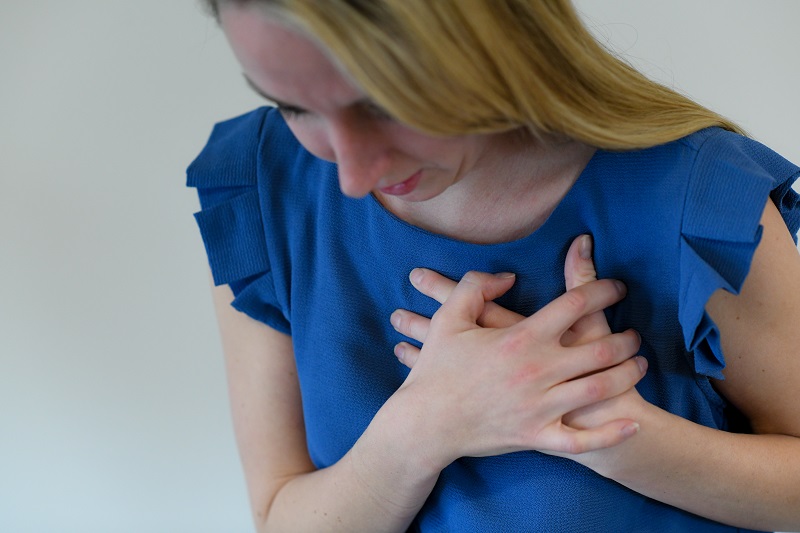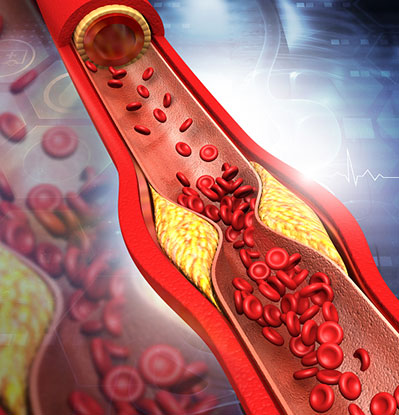Is an Irregular Heartbeat Dangerous?

July 10, 2023
Most of us go through our days not thinking about our heart beating. But when a heartbeat feels off in some way, anxiety or even panic may set in. Just know, heart rates are not always regular and they may fluctuate throughout the day depending on your activity.
You can have arrhythmias even if your heart is healthy, notes Ihab Girgis, M.D., cardiologist at Jersey Shore University Medical Center. “An individual should not worry too much about the occasional irregular heartbeat, which can be due to too much caffeine, stress or no cause at all. However, if the irregular heartbeat persists or is associated with other symptoms, medical care should be sought.”
What causes an irregular heartbeat?
An irregular heartbeat, also known as heart arrhythmias, can range from harmless to life-threatening. It is triggered when electrical signals that direct heartbeats do not function correctly, causing beats that are too fast (Tachycardia), too slow (Bradycardia), or irregular.
The result is the sensation of a fluttering or racing heart. A heart arrhythmia can be caused by:
- Heart disease
- Infection or fever
- Healing post-surgery
- Heart injury or changes
- Certain medications
- Strong emotions, such as stress or surprise
- Habits in your daily life, such as caffeine, alcohol, tobacco, or exercise
What can increase my likelihood of an irregular heartbeat?
- Age: heart problems are more likely as you grow older
- Lifestyle: alcohol, tobacco, and recreational drug use
- Environment: unhealthy living conditions, such as air pollution
- Medical conditions: low blood sugar, diabetes, high blood pressure, sleep apnea, obesity, and autoimmune disorders
- Genes: some heart problems run in families
When do I need to see a doctor?
If you feel any of the following symptoms, it is best to call a doctor or seek medical help right away:
- Chest pain
- Fluttering in the chest or palpitations
- Shortness of breath
- A racing heartbeat
- A slow heartbeat
- Lightheadedness
- Fatigue
- Anxiety
- Fainting, near-fainting, or dizziness
- Chest pounding
- Sweating
Dr. Girgis adds, “Sometimes there are no symptoms of heart arrhythmias, and it is only identified when a patient is being examined for other reasons, so it’s important to have regular checkups.”
There are various types of heart arrhythmias, and the type will determine the course of treatment, if necessary. An irregular heartbeat every now and then is likely nothing to worry about, but if more serious symptoms persist, then it’s time to consult a medical professional.
Next Steps & Resources:
- Our source: Ihab Girgis, M.D.
- To make an appointment with Dr. Girgis or a cardiologist near you, call 800-822-8905 or visit our website.
- Learn more about heart care services offered at Hackensack Meridian Health.
The material provided through HealthU is intended to be used as general information only and should not replace the advice of your physician. Always consult your physician for individual care.






